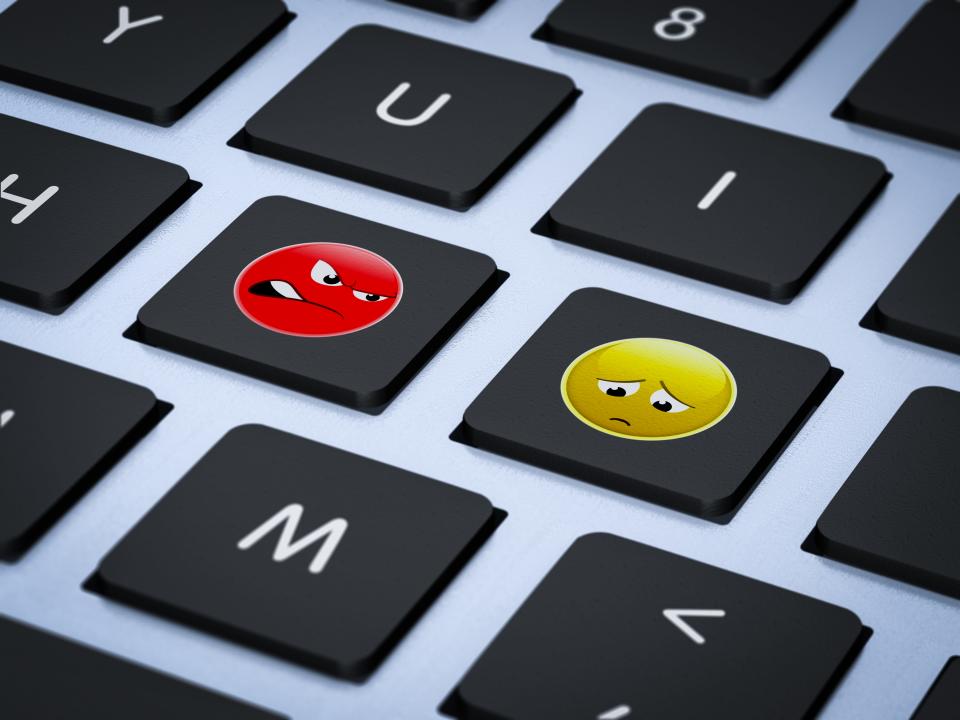The internet affords us anonymity. Why this isn't good for civility.
Plato tells a story in the Republic about the “ring of Gyges.” Gyges was a shepherd who found a ring that could make him invisible. While invisible, he seduced a queen, murdered a king and took over a kingdom. The moral of the story is that anonymity can be dangerous — it can bring out the worst in us.
More:Inherent goodness in Oklahomans offers strength to forgive one another
The internet allows people an unprecedented amount of anonymity. We can create fake social media accounts and use them to bully or harass others. We can spread false and malicious rumors, ruining people’s reputations and lives. Even if we don’t opt for complete anonymity, but let our identities be known, the social distance afforded by social media — not having to deal with others face to face — can make people more apt to hurl insults or engage in uncivil interactions. It is easy to fling an insult, then disconnect and refuse to engage in further conversation — the internet equivalent of “hit and run.”
"Cyberbullying" is not confined to the kinds of abuse just noted. One can send uncivil texts and emails, and social media and other online accounts can be hacked by those with the requisite skills. "Sexting" is another form of nasty online interaction, as is sending and posting lewd photos of other people. These communications do not contribute to the smooth functioning of a civil society.

Engaging in online abuse is, of course, something we should not do. But sometimes we post on social media without realizing how our posts appear to others. We might have a strongly held opinion but express it in ways that are direct, yet unintentionally harsh. It is always best to pause before posting and think about how our post might appear to those who don’t share our views or do, but are not as passionate as we are. The same holds true of emails and texts. In a professional publication, I invented a virtue that I call "techcheck." This is the virtue of simply pausing and reflecting before sending an email or text or posting on social media. As we reflect, we should ask ourselves how our words will appear to others, and try to avoid causing offense.
Expressing ourselves without causing offense is crucial for civil interactions. It is difficult enough to do this in face-to-face interactions, especially when we care deeply about the views we hold. Communicating through emails, texts or social media is even more difficult because we cannot see first-hand the effects of our words. We cannot see facial expressions or read body language — important social cues that reveal how our words are being received. Whether our online communications are anonymous or not, the social distance they create can be perilous for maintaining civil interactions. To be sure, modulating the tone of emails, texts and social media posts can be challenging. If we truly care about being civil and respectful to our interlocutors, we should stop to think about what and how we post, email, or text. We should heed the lesson of the ring of Gyges, and should not let the ease of online interactions bring out the worst in us.

Nancy E. Snow is a philosophy professor at the University of Oklahoma and also serves as director of the Institute for the Study of Human Flourishing.
This article originally appeared on Oklahoman: Incivility online: Anonymity disconnects you from impact of your words

